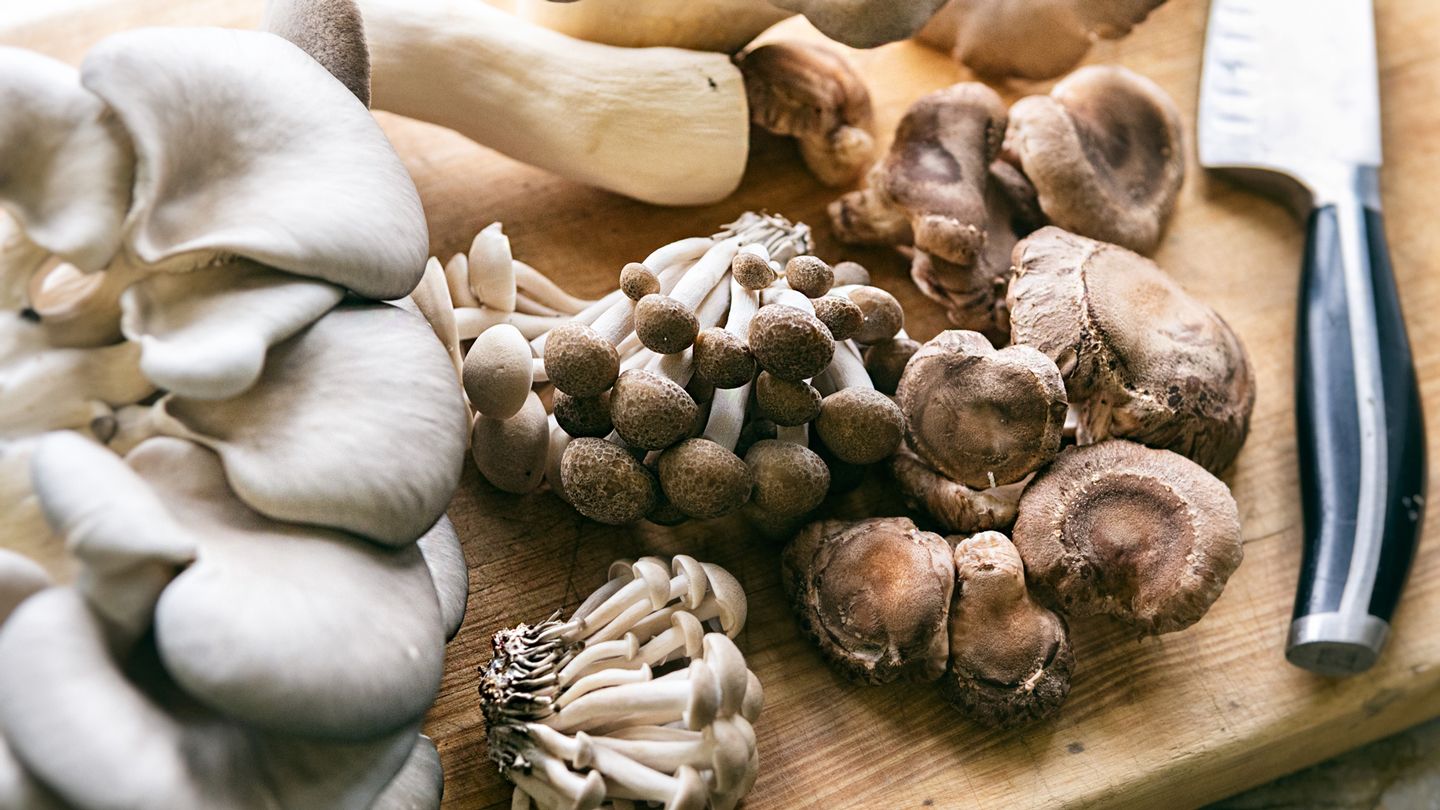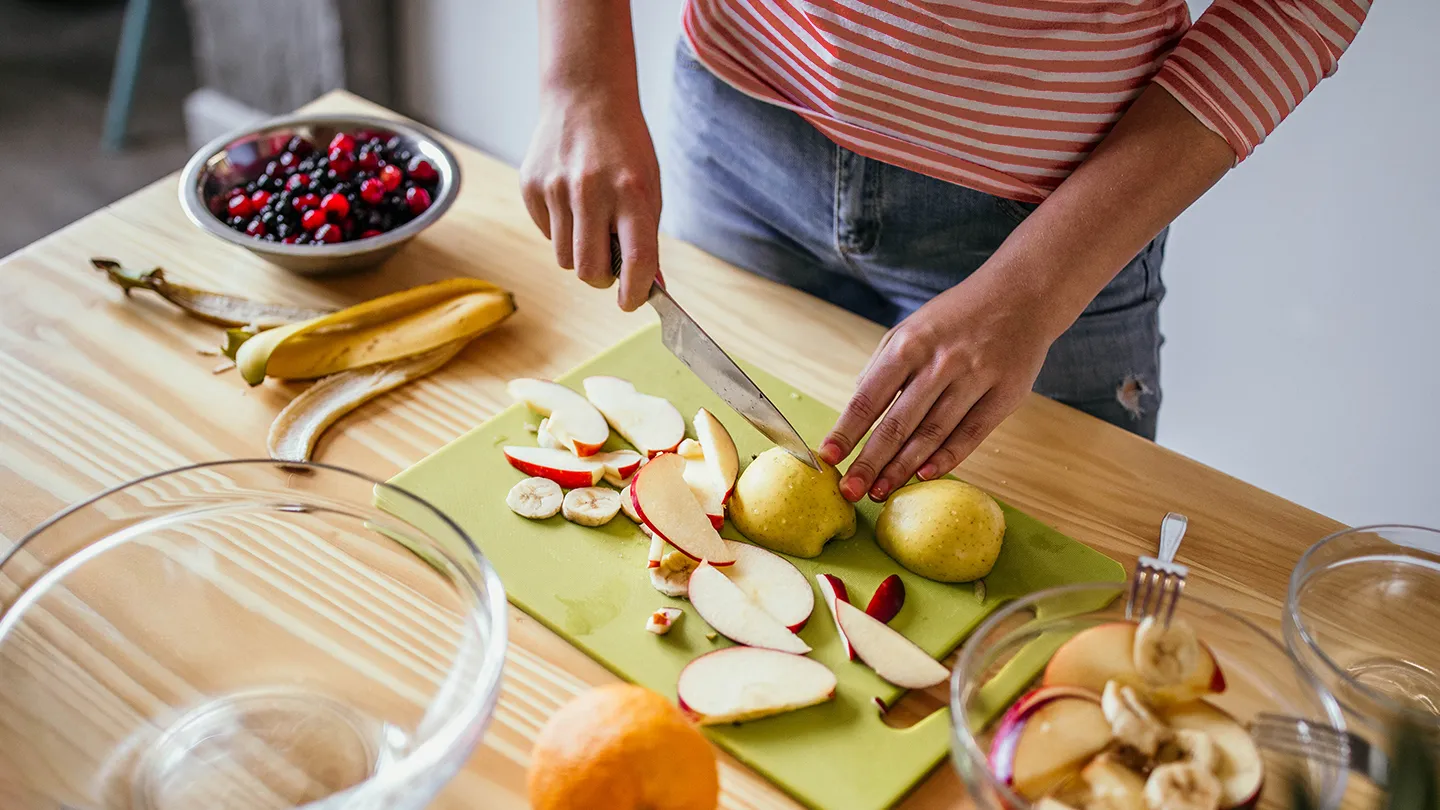What is the Ketogenic Diet?
The ketogenic or "keto" diet is a very low-carbohydrate, high-fat diet that shares similarities to low-carb diets like the Atkins diet. The keto diet causes the body to enter a state of ketosis, which means the body starts breaking down fat for energy instead of carbohydrates.
On the keto diet, about 75% of daily calories come from fat, 15-20% from protein, and 5-10% from carbohydrates. Restricting carb intake causes the body to deplete its glucose stores, so the liver starts converting fat into ketone bodies and fatty acids for energy.
Some benefits of following a ketogenic diet include:
- Weight loss
- Reduced hunger and appetite
- Lowered blood sugar and insulin levels
- Improvements in heart disease risk factors
Foods to Eat on Keto
Fats and Oils
Fat should comprise most of your daily calorie intake on keto. Try to get your fats from nutrient-dense whole food sources whenever possible. Examples include:
- Extra virgin olive oil
- Coconut oil
- Coconut butter
- Avocado oil
- Avocados
- Nuts like almonds, walnuts and macadamia nuts
- Nut butters
- Seeds like chia, pumpkin and flax
- Fatty fish like salmon and sardines
- Omega-3 supplements or cod liver oil
- Ghee or grass-fed butter
Protein Foods
Moderate protein intake is important on keto to prevent loss of lean muscle mass. Some protein sources include:
- Beef
- Poultry like chicken and turkey
- Pork and bacon
- Fish and seafood
- Eggs
- Tempeh
- Tofu
- Hemp seeds
Low-Carb Vegetables
Non-starchy vegetables are low in carbs and calories. Enjoy plenty of:
- Leafy greens like spinach, kale, and lettuce
- Asparagus
- Tomatoes
- Bell peppers
- Carrots
- Broccoli and cauliflower
- Brussels sprouts
- Green beans
- Zucchini and summer squash
Foods to Avoid on Keto
Certain foods are too high in carbohydrates and should be limited or avoided altogether on keto:
- Grains like wheat, rice, oats, corn and barley
- Starchy vegetables like potatoes, sweet potatoes/yams and beets
- Legumes like beans, peas and lentils
- Sugar, honey, agave nectar
- High-carb fruits like bananas, apples, oranges (berries okay in moderation)
- Candy and sweets
- Pastries, cookies and cakes
- Chips, pretzels and crackers
- Bread, pasta, pizza
- Sodas, juices and sweetened drinks
- High-carb alcohol like beer
- Processed low-fat/diet foods
Frequently Asked Questions
Can you eat peanut butter on keto?
Yes, peanut butter is keto-friendly but should be eaten in moderation. Stick to all-natural varieties without added sugars. Other nut butters like almond or sunflower seed butter are great options too.
Can you eat fruit on the keto diet?
You can eat certain fruits on keto sparingly, including berries like strawberries, blueberries and raspberries. Be careful of carb counts though - only about 1/2 cup fresh fruit per day.
What vegetables should you not eat on keto?
Avoid starchy vegetables like potatoes, sweet potatoes, corn, peas, butternut squash and most root vegetables since they are too high in carbs for keto.
Can you drink milk on keto?
Milk is generally avoided on keto since it contains lactose, a sugar. Small amounts of nut milk like coconut or almond milk are better alternatives.
Following a well-formulated ketogenic diet high in healthy fats, protein foods and low-carb vegetables can help you lose weight, reduce hunger and improve health.
Disclaimer: This article is for informational purposes only and does not constitute medical advice. Always consult with a healthcare professional before starting any new treatment regimen.
Related Coverage
Ear issues like Eustachian tube dysfunction don't directly rupture nasal blood vessels but can contribute by propagating congestion and drying nasal passages....
Learn all about the carbohydrates, fiber content, and net carbs found in different types of mushrooms. See how mushrooms can fit into a low-carb or keto diet....
Explore the shelf life, storage, handling, and signs of spoilage for Kraft Parmesan cheese to enjoy its delicious flavor while ensuring its safety and freshness....
Cheese can fit into a keto diet with minimal carbs per serving, but amounts vary. Learn the best low-carb cheeses to eat and avoid on keto....
Keep your health goals on track this Halloween with these delicious low carb appetizer ideas. Dip, cheese and meat boards, veggies, and drinks to scare up some spooky fun....
Stay in ketosis anywhere with portable high-fat low-carb snacks like tuna wraps, nut butter packets, roasted veggies, and bacon cheddar crackers....
Make quick yet delicious keto diet friendly meals with these easy instant pot recipes including butter chicken, carnitas, soups, sides like cauliflower mash and more....
Answers to the top questions about using vegetable and fruit juicing to reduce high cholesterol, blood pressure, and risk of heart disease....
Enjoy the health benefits of antioxidant-rich cocoa by sipping hot chocolate loaded with anti-inflammatory, heart healthy cocoa flavanols....
With its high fat and low carb content, you may wonder if American cheese can fit into a keto diet. Learn the potential issues with processed cheeses on keto....









